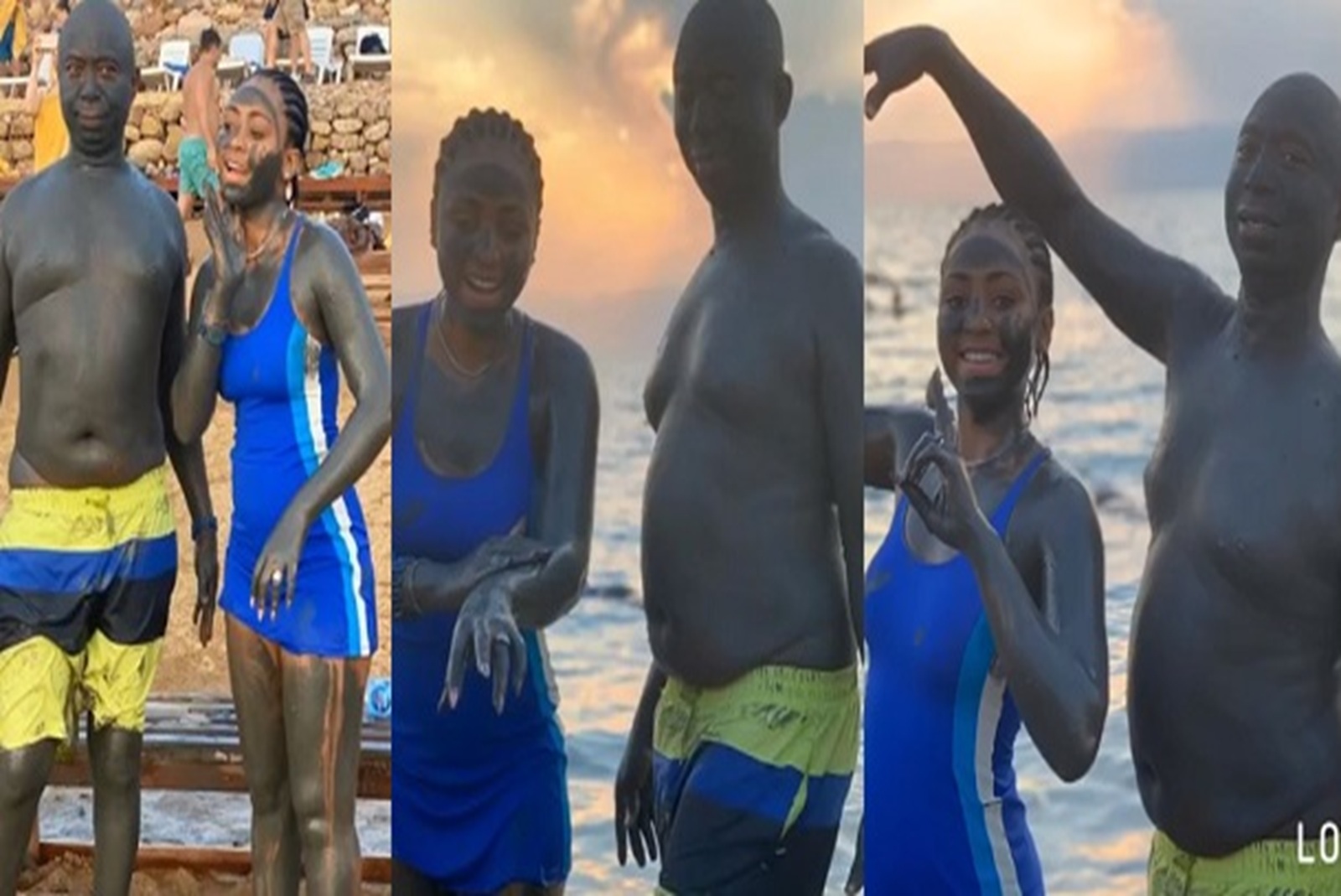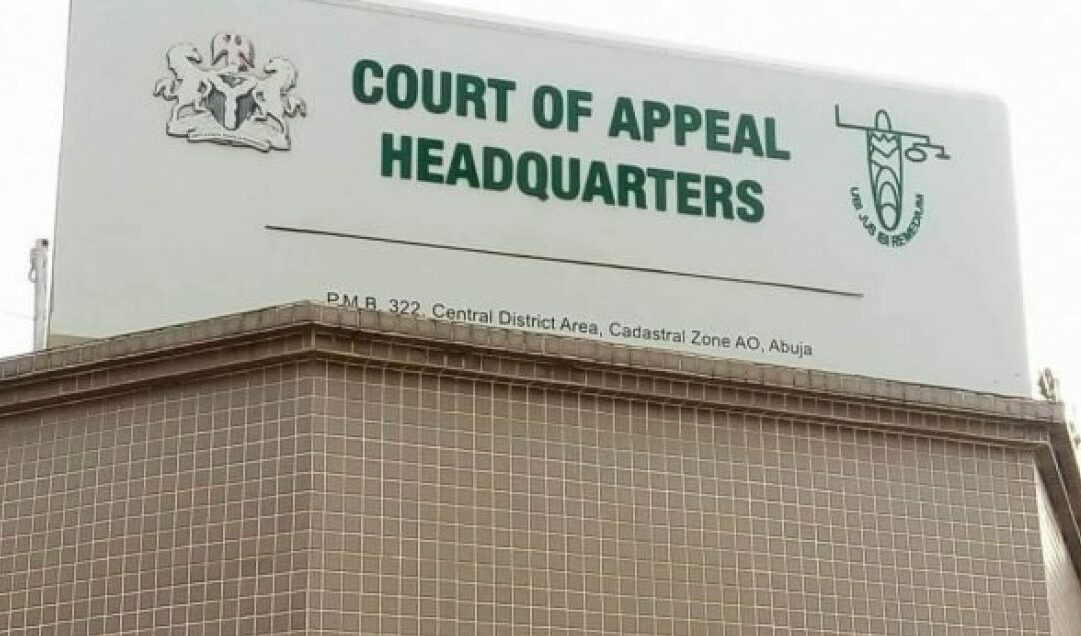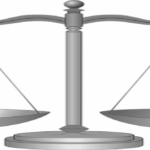Provost Lagos State College of Education v. Edun [2004] 6 NWLR (Pt. 870) 476 at 509, paras. D-E, per Tobi, JSC (of blessed memory):
“It is settled law that expropriatory statutes which encroach on a person’s proprietary rights must be construed fortissime contra preferentes that is strictly against the acquiring authority but sympathetically in favour of the citizen whose property rights are being deprived.”
Notes:
The above case was cited by the Court of Appeal, per Ogunwumiju, JCA in Procter & Gamble Co. v. G.S. & D. Ind. Ltd. [2013] 1 NWLR (Pt. 1336) 409 at 451-452, paras. F-H.
An expropriatory statute is a statute by which the government takes or modifies an individual’s property rights.
“On the need to discourage a statute that is capable of retrospectively abrogating proprietary rights, I need only refer to the decision of this court in the case of DIN v. Attorney General of the Federation (1988) 4 NWLR (Pt.87) 147, where it was held inter alia that statutes which encroach on the rights of a subject, be they personal or proprietary rights, attract strict construction by the courts; they are construed fortissime contra preferentes, if possible so as to respect such personal or proprietary rights.”














